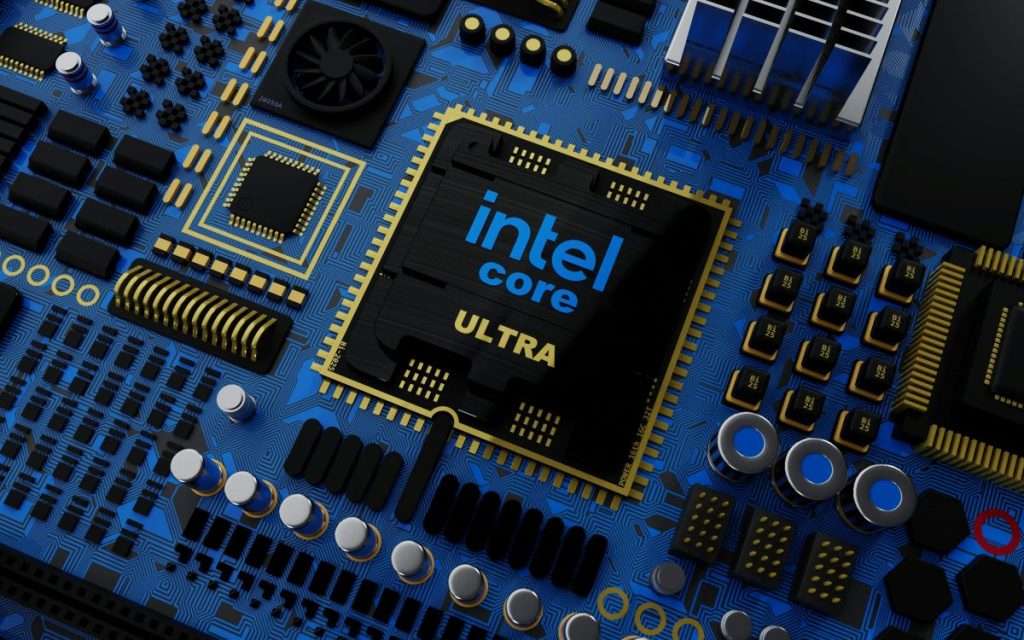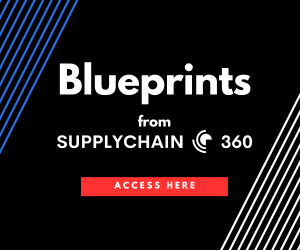Discover how semiconductor companies are transforming supply chain resilience and sustainability through a new “value mesh” approach. By focusing on supplier relationships, environmental responsibility, and governance, these leaders are setting a new standard for supply chain success.
Why Supply Chain Resilience Requires a “Mesh” Approach
The concept of supply chain resilience is evolving, particularly in the semiconductor industry. Rather than following a traditional linear model, semiconductor supply chains are now more accurately described as a “value mesh”—a complex web of interconnected suppliers, partners, and stakeholders that extends from raw materials to customer delivery.
The semiconductor industry, with its 9,000 tier-one suppliers operating across 100 countries, provides a prime example of why this interconnected approach is crucial. The key to supply chain resilience today is ensuring that each part of this “mesh” remains strong. If one link in the chain fails, the entire system risks being compromised.
The challenges presented by the COVID-19 pandemic made it clear that a new approach to managing supply chain disruptions is necessary. The pandemic led to what can be termed “convergent disruptions”—multiple issues occurring at the same time, which magnified the impact across the supply chain. This highlighted the importance of having strong relationships and preemptive collaboration strategies to navigate unexpected problems effectively.
Sustainable Supply Chains: ESG as a Value Driver
For semiconductor companies, Environmental, Social, and Governance (ESG) initiatives are becoming central to extracting value from supply chains. More than three-quarters of semiconductor revenue often comes from clients committed to high sustainability standards. Therefore, aligning the supply chain to support these ESG goals is now a business imperative.
In the environmental sphere, semiconductor companies are taking measures to address significant challenges such as water usage. Many semiconductor manufacturing facilities are located in water-scarce regions like Arizona, New Mexico, and Israel, and they consume large volumes of water. To mitigate this impact, companies have invested in advanced water recycling and reclamation systems to help preserve local watersheds. These initiatives are more than corporate social responsibility—they ensure operational viability and community goodwill in critical regions.
Social responsibility also plays a crucial role in building a resilient supply chain. Supplier diversity programs have proven beneficial beyond just fostering inclusion. Diverse suppliers often outperform traditional competitors, demonstrating that creating an inclusive supply base also enhances supply chain competitiveness and innovation. By encouraging diverse suppliers to enter the ecosystem, companies can ensure they are tapping into a wide variety of perspectives and solutions.
The “G” in ESG—governance—is about maintaining ethical operations throughout the supply chain. This involves ethics training, audits, and rigorous oversight to ensure that supply chains are managed with integrity. Such practices help build a trusted network of partners, reducing risks and bolstering the overall resilience of the supply chain. Recognition from bodies like Ethisphere and Just Capital underscores the value of these governance efforts, showing that ethical supply chain management is also a competitive advantage.
Supplier Relationship Management: The Core of Resilient Supply Chains
One of the most important aspects of a resilient supply chain is effective supplier relationship management. Historically, partnerships in supply chains were often viewed through a transactional or adversarial lens, with every negotiation being seen as a zero-sum game. However, today’s supply chain leaders recognize that building strong, long-term supplier relationships based on shared value is critical for success.
An example of this relationship-centric approach in action came during the 2011 earthquake in Japan, which disrupted many semiconductor supply chains. Despite having diversified tier-one suppliers, the disaster revealed dependencies deep within the supply chain that impacted multiple primary suppliers simultaneously. Pre-existing strong supplier relationships allowed companies to work together quickly to find solutions and avoid delivery interruptions, demonstrating that well-established partnerships can help companies navigate even unforeseen challenges.
The key to resilient supply chains is building trust with suppliers before disruptions occur. Companies that proactively invest in relationships with suppliers are better positioned to handle crises. This means not waiting for a disaster to reach out but instead cultivating win-win relationships that allow for collaboration when it matters most.
How to Leverage Ecosystem Strengths for a Resilient Supply Chain
For supply chain leaders looking to enhance resilience and extract value, several lessons stand out from the semiconductor industry’s approach:
Understand the Value Mesh: To strengthen supply chain resilience, it’s essential to understand the entire “value mesh.” This means mapping relationships across suppliers, partners, and stakeholders to identify vulnerabilities and opportunities. Understanding who provides critical components and where potential disruptions could arise is key to keeping the supply chain intact during turbulent times.
Make ESG Central to Your Supply Chain: Embrace ESG as an integral part of supply chain management. Sustainable practices are no longer optional—they are a requirement for long-term competitiveness. Investments in areas like water recycling, emissions reductions, and supplier diversity not only fulfill customer expectations but also improve operational efficiency and corporate reputation.
Prioritize Supplier Relationship Management: Building strong supplier relationships is foundational for modern supply chain resilience. These relationships need to be built on a shared value model, ensuring that both parties benefit. Investing in trust ensures suppliers are more likely to support the company when unforeseen disruptions occur, helping to mitigate risks quickly and effectively.
Collaborate Across the Ecosystem: Many of the challenges facing today’s supply chains, such as climate change and workforce development, are beyond what a single company can solve. It’s essential to collaborate with suppliers, customers, regulators, and even competitors to find solutions. Collective action amplifies impact and creates a more adaptable supply chain capable of enduring future disruptions.
The Future of Supply Chain Resilience in Semiconductors
The road ahead for semiconductor supply chains—and for those in other industries—relies on balancing business priorities with sustainable, responsible practices. A resilient supply chain is built not only on operational efficiency but also on sustainability, strong governance, and robust supplier relationships. The more companies invest in understanding their supply chain ecosystem, the stronger and more agile that ecosystem will become.
In summary, the semiconductor industry’s transformation into a “value mesh” highlights an approach to supply chain resilience that other industries can learn from. By fostering collaboration, focusing on ESG, and prioritizing supplier relationship management, supply chain leaders can build networks capable of thriving even in times of significant disruption. The future belongs to those who understand that resilience is not just about bouncing back—it’s about building a system that anticipates challenges, adapts, and grows stronger in response.








